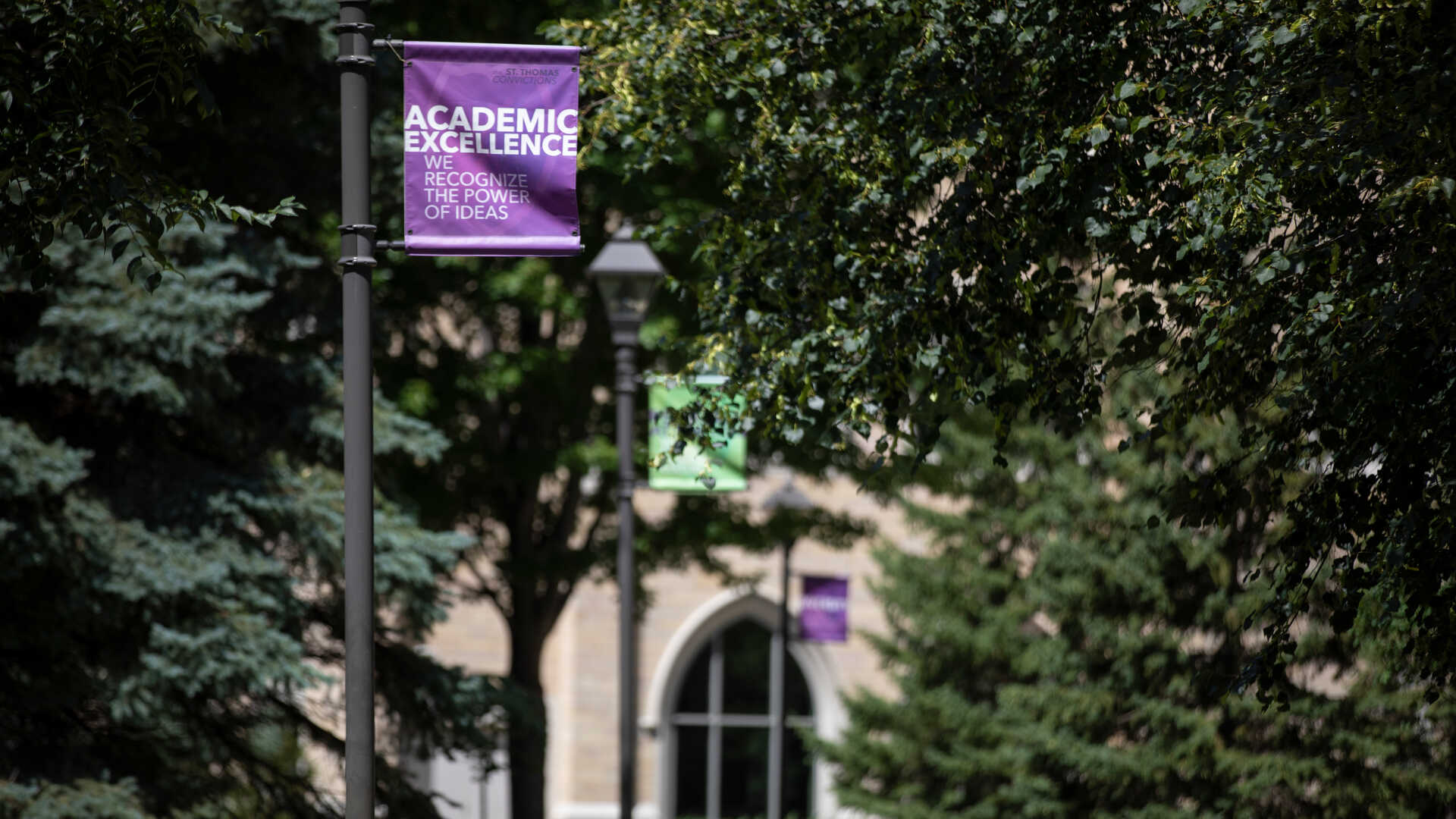This course will outline guiding principles, research, and strategies for implementing a trauma-informed education framework at the school and systems level through a focus on school policies, practices, environment, and overall mindset shifts.
Who is this for?
K-12 teachers, staff, and administrators, higher-ed faculty, and student affairs staff.
Program Details
Course Format: Online, self-guided
Cost: $150
CEUs (Continuing Education Units): 1
Length of Course: 5-6 hours
Time Limit: Upon registering, students have one year to complete the course.
What You'll Learn
When you've completed the course, you will be able to:
- Recognize the impact of trauma exposure on individuals, families, and society, and key principles of trauma-informed learning environments.
- Describe the key steps to begin the work of creating and sustaining trauma-informed environments.
- State reasons for the critical foundation of creating a paradigm shift within individuals, systems, and structures to develop trauma-sensitive environments.
- Explain the strategies for using a trauma-informed, human-centered, equity-minded lens to evaluate school policies, practices, and the physical and emotional environments present in an educational space.
- Steps to support healing and resilience will be identified and defined, especially through the lens of the inevitability of future stress and trauma.
Program Details
Course Format: Online, self-guided
Cost: $150
CEUs (Continuing Education Units): 1
Length of Course: 5-6 hours
Time Limit: Upon registering, students have one year to complete the course.
What You'll Learn
When you've completed the course, you will be able to:
- Recognize the impact of trauma exposure on individuals, families, and society, and key principles of trauma-informed learning environments.
- Describe the key steps to begin the work of creating and sustaining trauma-informed environments.
- State reasons for the critical foundation of creating a paradigm shift within individuals, systems, and structures to develop trauma-sensitive environments.
- Explain the strategies for using a trauma-informed, human-centered, equity-minded lens to evaluate school policies, practices, and the physical and emotional environments present in an educational space.
- Steps to support healing and resilience will be identified and defined, especially through the lens of the inevitability of future stress and trauma.
